TDM Pulse Code Modulation Receiver Trainer
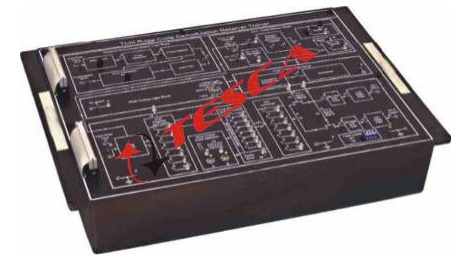
Order Code: 40530-8064
Category: Communication Trainers
The trainer provides all necessary inputs and connection for students to study decoding and demultiplexing of data transmitted by PCM transmitter. On-Board PLL provides regeneration of Clock. Synchronization between transmitter and receiver is ...
SPECIFICATION
The trainer provides all necessary inputs and connection for students to study decoding and demultiplexing of data transmitted by PCM transmitter. On-Board PLL provides regeneration of Clock. Synchronization between transmitter and receiver is provided by Pseudo random code.
Technical Specifications
Input Channel : Time Division Multiplexed Serial Input
Demodulation : Pulse code Demodulation
Clock Regeneration : By phase Locked loop
Operating Speeds : Fast - 320 KHz/Channel, Slow 1.9 Hz / Channel
Error Detection (Single bit) : Off-Odd- Even parity & Hamming code
Error Correction : Hamming code
PC- PC communication : using 2 channels via RS232
Port : 9 pin D type connector - 2 Nos.
Baud rate : Selectable from 300 to 2400
Test Points : 50
Interconnections : 2 mm sockets
Power Supply : 220 V ±10%, 50Hz / 60 Hz on request
Power Consumption : 4 VA (approx.)
-
Functional blocks indicated via on board mimics
-
Input accepts two channel multiplexed data
-
On board De-multiplexed PCM Receiver
-
On board L. P. Filter
-
Fast & Slow modes for real time operation and data flow examination
-
On board PLL for clock regeneration
-
On board sync code detector
-
Error +check code options
-
Odd or Even Parity-Single bit error detection
-
Hamming code single bit error detection and correction
-
4 Switched faults allow different error check code option
-
PC - PC Communication via RS232 interface
Experiments that can be performed
-
PCM Demodulation Technique
-
Time Division Demultiplexing of PCM data
-
Clock Regeneration by PLL
-
Effect of induced faults in the transmitter & receiver
-
Signal recovery in 3 connecting modes between transmitter & receiver
-
Clock & Frame Synchronization in PCM system
-
PC -PC communication in 3 modes
-
Study of synchronization by pseudo random code
-
Study of error check codes
-
Study of A/D conversion
-
Study of control signals and their timing
-
Study of time division multiplexing

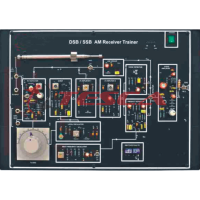

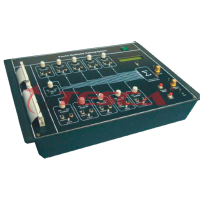
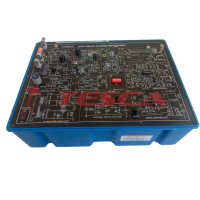
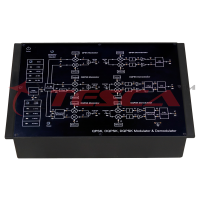
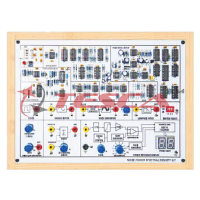

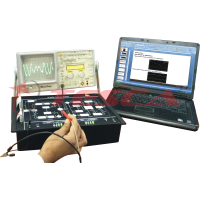
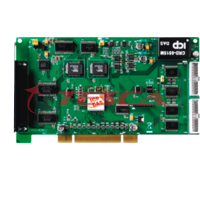

 91-9829132777
91-9829132777